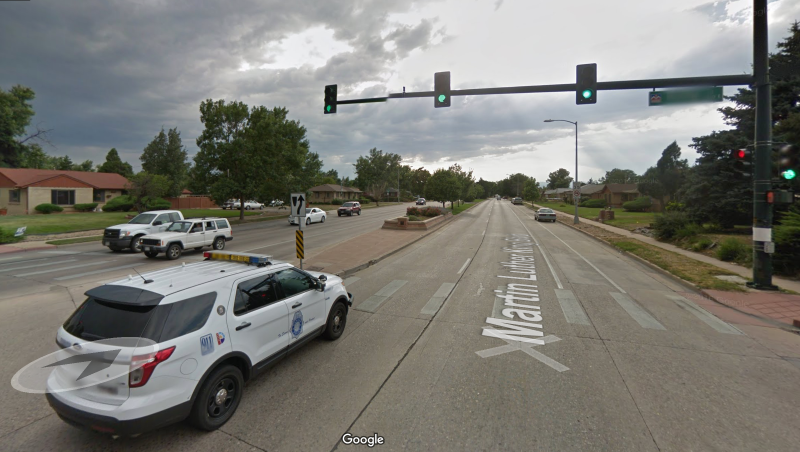Author Highlights Displacement, a Problem the Bike Movement Ignores

Thursday, Adonia Lugo, PhD, author of “Bicycle/Race: Transportation, Culture, and Resistance,” will lead a workshop titled “Race, Place, and Open Streets” at the Denver Streets for People Summit from 3:00 – 4:45 p.m. She will also be the event’s featured speaker.
Denver Streets for People Summit
Thu, April 11, 2019, 5:00 PM – 9:00 p.m.
The Commons on Champa, 1245 Champa Street, Denver, CO 80204
Tickets: $0 – $25 at Eventbrite
Streetsblog summarizes here some of the issues Dr. Lugo raises in her book:
Bike advocates don’t consider inequality. Lugo described an event in Los Angeles where Janette Sadik-Khan, the former New York City transportation commissioner, gave a talk. (Streetsblog Denver interviewed Sadik-Khan in February). During the question and answer period, a young black man in the audience mentioned that after bike lanes were installed in his neighborhood, gentrification followed. Sadik-Khan responded that bikes are an affordable mode of transportation. But Lugo wrote that she missed the point: When bike advocates push for changes to the streets, they do no analysis on the impact it will have on inequality.
- Bike advocates promoted “gentrification as a good thing.” On Richard Florida’s “creative class” idea, Lugo writes: “…if politicians want to attract desirable, talented residents/consumers to their regions in the post-industrial, idea/upscale consumption economy, they must invest in the urban design elements that are as honey to these worker bees.” … “If influential people have decided who, exactly, they want to attract to cycling, maybe the question we should be asking is if you build it, who will be replaced?”
- People who are displaced are not safe. “… safety for ‘cyclists’ didn’t look like safety for everyone,” she wrote.
- Many cyclists are “invisible” to the organized bike movement. A survey for L.A. Metro identified communities where “using a bicycle was a necessary evil rather than a fun choice,” including undocumented people who bike.
- The fastest growth of bicycling is among blacks, Hispanics and Asians, according the report “The New Majority, Pedaling Toward Equity.”
- But people of color get killed more on bikes than whites. A 2004 U.S. DOT study shows that black and brown men are overrepresented in bike fatalities nationwide.
- Installing bike lanes is not the only thing that can be done for cyclists in challenged communities. Lugo suggests building “human infrastructure,” stating: “I’ve found that the most equitable way toward sustainable transportation is through building a multiracial movement for mobility justice.”



